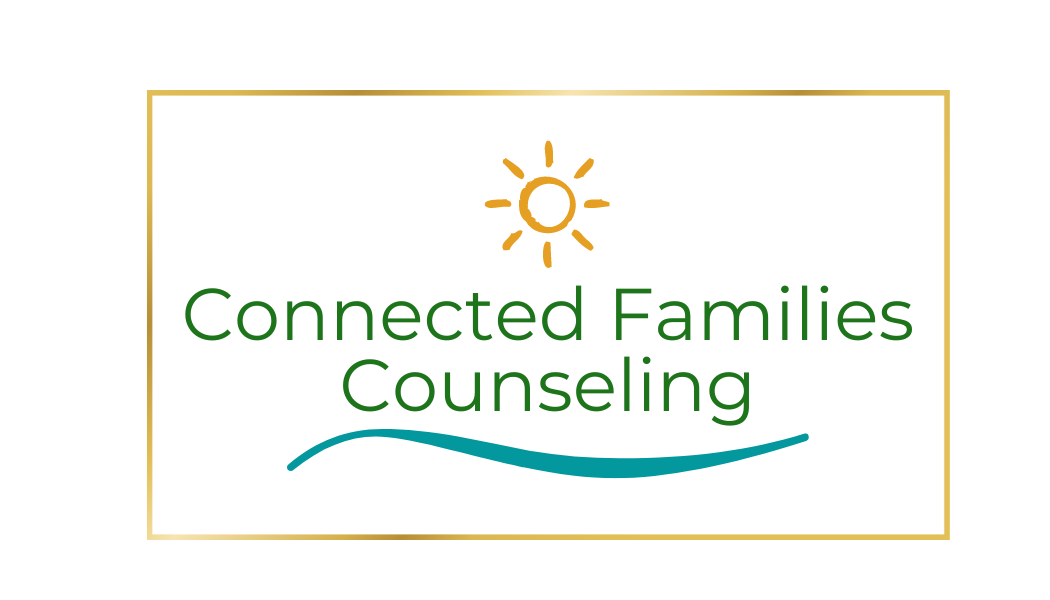Embracing Healing: Seeking Help When Struggling with Self-Harm
/In the depths of emotional pain and turmoil, the urge to self-harm can feel overwhelming and consuming. For many individuals, self-harm serves as a coping mechanism – a way to numb unbearable emotions, regain a sense of control, or express inner turmoil when words fail. However, beneath the surface of self-harm lies profound suffering and a longing for relief.
At Connected Families Counseling, we believe that seeking help is not a sign of weakness, but a courageous step towards reclaiming control of your life and embracing a brighter, more fulfilling future.
First and foremost, it's important to recognize that self-harm is not a character flaw or a moral failing; it's a symptom of deeper emotional distress that deserves compassion, understanding, and professional support. Whether you're struggling with cutting, burning, scratching, or any other form of self-injury, know that you are not alone, and help is available.
So, why is it so crucial to seek help when struggling with self-harm? Here are a few reasons to consider:
Break the cycle of shame and isolation: Keeping self-harm a secret can perpetuate feelings of shame, guilt, and isolation, further exacerbating your emotional pain. Opening up to a trusted friend, family member, or mental health professional can help break the cycle of secrecy and create a safe space for healing and support.
Address underlying emotional pain: Self-harm is often a symptom of deeper emotional wounds, such as trauma, depression, anxiety, or low self-esteem. By seeking help, you can begin to explore the underlying causes of your self-harming behaviors and develop healthier coping strategies to manage your emotions and find relief.
Learn alternative coping skills: While self-harm may provide temporary relief from emotional distress, it is ultimately a harmful and unsustainable coping mechanism. Through therapy, you can learn alternative coping skills and self-soothing techniques to manage overwhelming emotions in healthier ways, such as mindfulness, deep breathing exercises, or creative expression.
Receive compassionate support: Healing from self-harm is a journey that requires patience, courage, and support from others. Therapists and counselors can provide compassionate guidance, validation, and evidence-based interventions to help you navigate the challenges of recovery and build a brighter, more resilient future.
Prevent future harm: Seeking help for self-harm is not just about addressing current symptoms; it's about preventing future harm and creating a life worth living. With the right support and resources, you can develop the skills and resilience to cope with life's challenges without resorting to self-injury.
At Connected Families Counseling, we are dedicated to providing a safe, non-judgmental space for individuals struggling with self-harm to explore their emotions, heal from past wounds, and cultivate healthier ways of coping. Our team of compassionate therapists is here to support you every step of the way, offering personalized guidance and evidence-based interventions tailored to your unique needs and goals.
If you're struggling with self-harm, know that there is hope for healing and a brighter future ahead. You deserve to live a life free from the grip of self-destructive behaviors, and seeking help is the first courageous step towards reclaiming control of your life and embracing a future filled with hope, resilience, and possibility.








